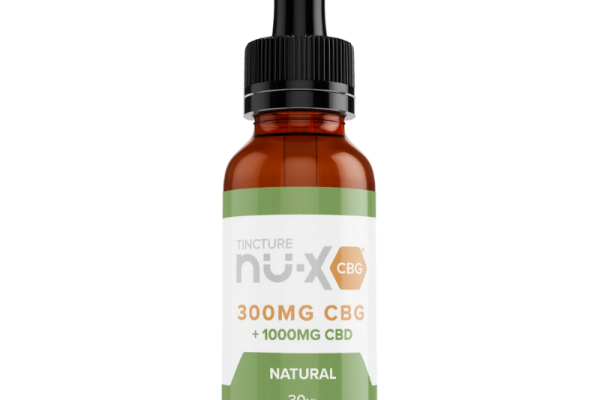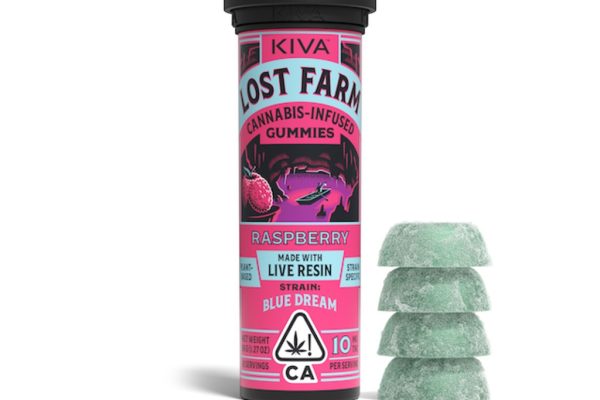Food supplements have been around for a long time. While many people think that they are nothing but an invention from the 1980s, this is far from the case. There are several reasons why people take these products as well and there are some health benefits associated with them.
We’ve talked about some reasons why you might want to consider taking a particular supplement in the past, and we’ll continue to do so today. We’re going to talk about what the benefits are specifically associated with certain supplements.
Fiber
If you don’t eat enough fiber or if you don’t consume it regularly, then you could be missing out on some important nutrients that help your digestive system function properly. This can lead to problems like constipation and other issues related to poor digestion.
Fiber has also been shown to lower cholesterol levels. Some foods high in fiber include beans, oats, lentils, and apples. Supplements containing 25-30 grams of fiber per day should provide all the fiber needed for the average person. While we can get fiber from a variety of sources, including fruits, vegetables, and whole grains, supplements can also be a great way to make sure we’re getting enough fiber in our diets. There are a variety of fiber supplements available on the market. A normal drug testing machine can also show results due to low levels of fibers.
B Vitamins
These vitamins work together to produce energy, maintain good blood sugar levels, keep bones strong, build muscles, and more. They are found in meat, dairy products, soybeans, legumes, nuts, seeds, and whole grains.
One example of a B vitamin that is often taken in supplement form is folic acid. Folate deficiency has been linked to increased cancer risk.

Magnesium
This mineral helps the body use glucose, protein, and fats. It plays a role in heart health and aids in muscle relaxation by relaxing the smooth muscles in the walls of blood vessels. It also aids in regulating sleep cycles, which is why magnesium is often used to treat insomnia.
Glutamine
This amino acid is often found in proteins, such as meats, fish, poultry, eggs, and dairy products. It helps the immune system fight off infections and works to repair tissue damaged by disease or injury.
Some studies suggest that glutamine may help reduce symptoms of irritable bowel syndrome (IBS).
Probiotics
Some studies show that probiotics can improve gastrointestinal function, while others say that they may not have any effect at all. The results aren’t conclusive here.
Zinc
This mineral helps regulate growth hormones, immunity, and wound healing. Zinc deficiencies can lead to skin rashes, hair loss, fatigue, and weight gain.
Vitamin D
Vitamin D helps the body absorb calcium and phosphorus to promote bone health. Deficiency of vitamin D can cause weakened bones, osteoporosis, and kidney stones. It has also been shown to reduce the risk of developing breast and prostate cancers.
Other vitamins
There are many other vitamins that are also beneficial to overall health. These include vitamins A, C, E, K, and beta-carotene. Vitamin A is especially important for vision health, while vitamin E helps the body resist free radicals.
The risks of food supplements
While supplements can offer various benefits to your overall health, they also come with some potential risks. For example, if you take too much iron, you could end up with hemochromatosis, a condition where excess iron builds up in your body. Too much copper can lead to copper toxicity, which is also known as toxic overload.

In order to avoid these types of issues, we recommend consulting with a physician before taking any specific product. You should always check with your doctor first when considering any kind of dietary change because they will be able to advise you on how much of each nutrient you need to get from food instead of supplements.
Antioxidants
Many antioxidants are present in fruits and vegetables, but they can also be found in supplements. However, most of these supplements contain very little antioxidant power. Instead, they are full of synthetic forms of antioxidants, which are less effective than those naturally occurring in plants. This means that you are getting less bang for your buck.
A study published in the Journal of Nutrition showed that the antioxidant activity of a supplement containing green tea extract was only one third of the amount found in the same amount of green tea leaves. In addition, the researchers found that the antioxidant activity of this product decreased over time, even though the supplement was still being stored under refrigeration.
Glycemic response
Supplements can affect the way your body processes carbohydrates. Some people worry that taking supplements will make their insulin levels spike. This has led to a lot of research on the effects that different supplements have on carbohydrate metabolism. One study suggested that some supplements can increase blood sugar levels, while other studies did not find any significant changes.
Excessive supplementation
Too much of anything can potentially harm your health. If you try to use supplements exclusively, you run the risk of consuming too much of a single type of nutrient. As mentioned above, supplements are meant to complement your diet, not replace it completely.
People who take large amounts of supplements are also likely to miss out on the benefits of eating real foods. These foods contain plenty of nutrients that cannot be provided through supplements. In fact, many of the vitamins and minerals that are found in supplements are actually destroyed during the manufacturing process. Eating a balanced diet will give you better nutrition and help prevent nutrient deficiencies.






































